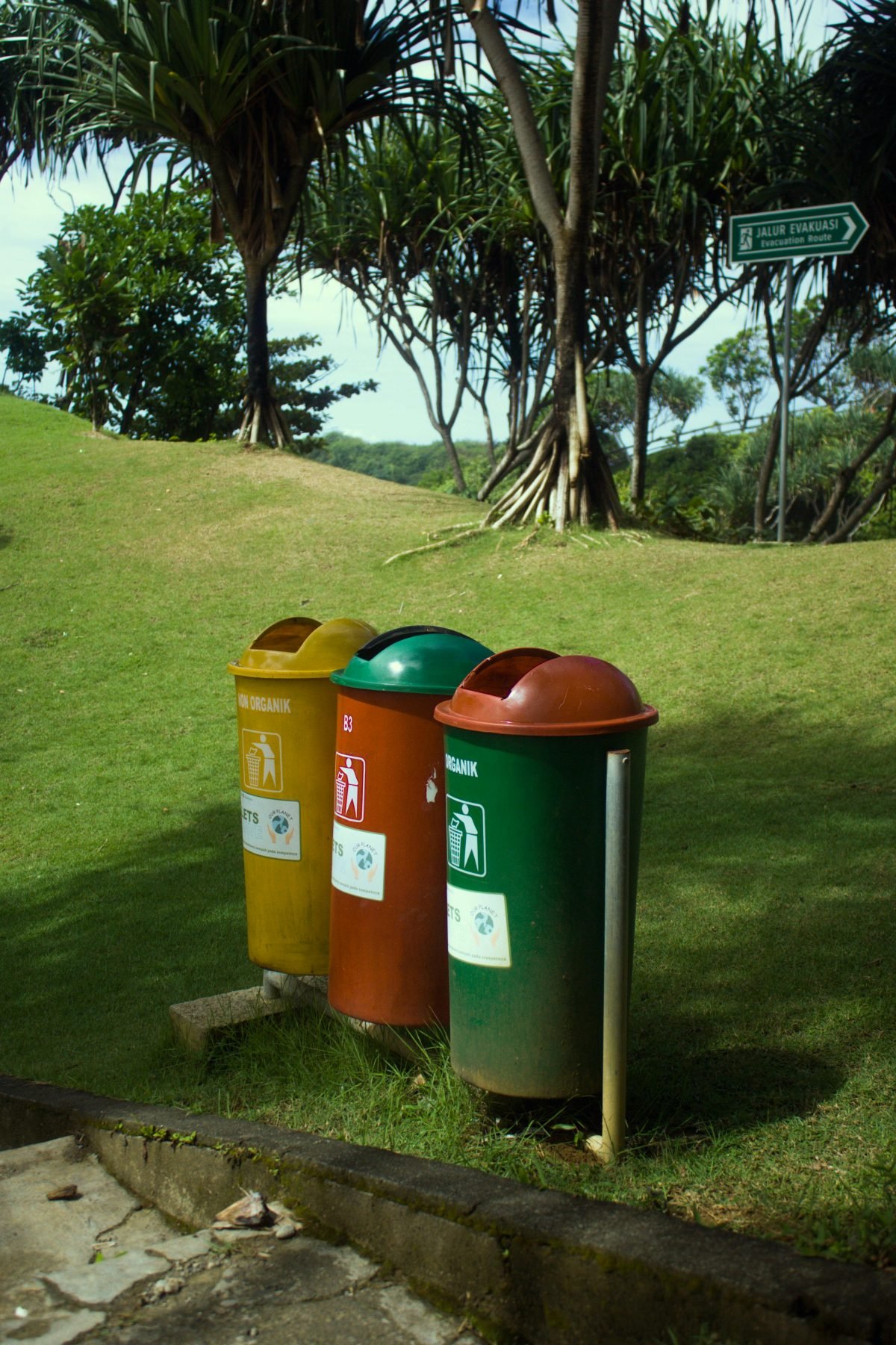If you’ve lived in Bengaluru long enough, you’ve probably seen this scene outside an apartment gate: a stinking pile of mixed garbage bags lying uncollected, flies buzzing around, BBMP trucks passing by without stopping. And then, a notice was slapped on the society board a week later: “Penalty for non-segregation: ₹25,000.”
This is the reality many RWAs have faced in recent years. Bengaluru’s garbage problem isn’t just about overflowing landfills anymore; it’s about responsibility. And in 2026, BBMP has made it clear: Resident Welfare Associations (RWAs) are no longer just residents’ committees; they are frontline managers of the city’s waste crisis.
Why can’t RWAs ignore waste management rules anymore?
In 2024, BBMP slapped over ₹5 crore in penalties on apartment complexes for not following waste segregation and on-site processing guidelines. In Whitefield, a 400-unit society ignored repeated warnings about mixed waste and ended up with a ₹5 lakh fine that residents had to pay out of their own pockets.
On the flip side, in JP Nagar, another apartment complex turned waste into wealth. They set up compost bins, trained housekeeping staff, and now convert most wet waste into manure for their community gardens. Instead of paying penalties, they’re saving money on vendor pickups and selling extra compost locally.
The difference? One RWA treated the BBMP rules as a “tick box,” the other treated it as part of community living.
The rules you need to know
BBMP categorizes any apartment complex with 50+ flats or generating over 100 kg of waste daily as a Bulk Waste Generator (BWG). That means your RWA isn’t just supposed to pass the trash to the BBMP truck. You are legally responsible for:
- Segregation at source: Every household needs to separate wet, dry, and reject waste. If bags are mixed, BBMP collectors can skip your gate altogether.
- On-site wet waste processing: This means setting up composting units or biogas plants. BBMP doesn’t want raw wet waste dumped in landfills anymore. Communities that adopt composting often save 20–25% on waste disposal costs in the long run.
- Partnering only with approved vendors: Dry and reject waste must be handed over to contractors listed on the BBMP. Random “kabadiwalas” won’t count.
Failure to follow these rules can cost your society ₹1,000–₹25,000 per day. That’s money coming out of residents’ maintenance funds, not from BBMP’s pocket.
How can RWAs get this right?
- Start with awareness, not penalties: Most residents don’t mix waste on purpose; they simply don’t know the rules. Hold short awareness sessions, put up posters in lifts, and share the BBMP’s segregation chart with society groups.
- Color-coded bins are non-negotiable: Make it easy for people to comply. Green for wet, blue for dry, red for reject waste.
- Train your staff: Often, segregation fails because housekeepers throw all collected waste into one bag. Training them saves your society lakhs in fines later.
- Keep proof: BBMP can ask for waste logs during inspections. Maintaining daily records protects your RWA from unfair penalties.
- Plan for composting early: The cost of setting up a composting unit is far less than paying repeated fines. Plus, you get free manure for community gardens.
The impact of the problem
This isn’t just about rules and fines. Bengaluru’s waste crisis is affecting everyone, with toxic smoke from burning garbage, groundwater contamination, and mosquito breeding. Children play near dumping grounds; residents complain of unbearable stench on certain days.
When RWAs enforce waste rules, they’re not just “doing BBMP’s job”; they’re protecting their own families and neighborhoods. It’s about making sure the city we live in is breathable, livable, and safe.
One RWA president in Bellandur summed it up perfectly during a BBMP meeting:
“We thought segregation was a hassle until we saw what mixed waste does to our surroundings. Now, every resident sees it as part of being a responsible Bengalurean.”
In 2026, waste management isn’t just a municipal responsibility; it’s a community duty. BBMP’s rules aren’t there to harass RWAs; they exist because Bengaluru’s garbage crisis is real, urgent, and dangerous if ignored.
An RWA that treats waste segregation seriously builds not just compliance but pride in living sustainably. And honestly, avoiding a ₹5 lakh fine doesn’t hurt either.


